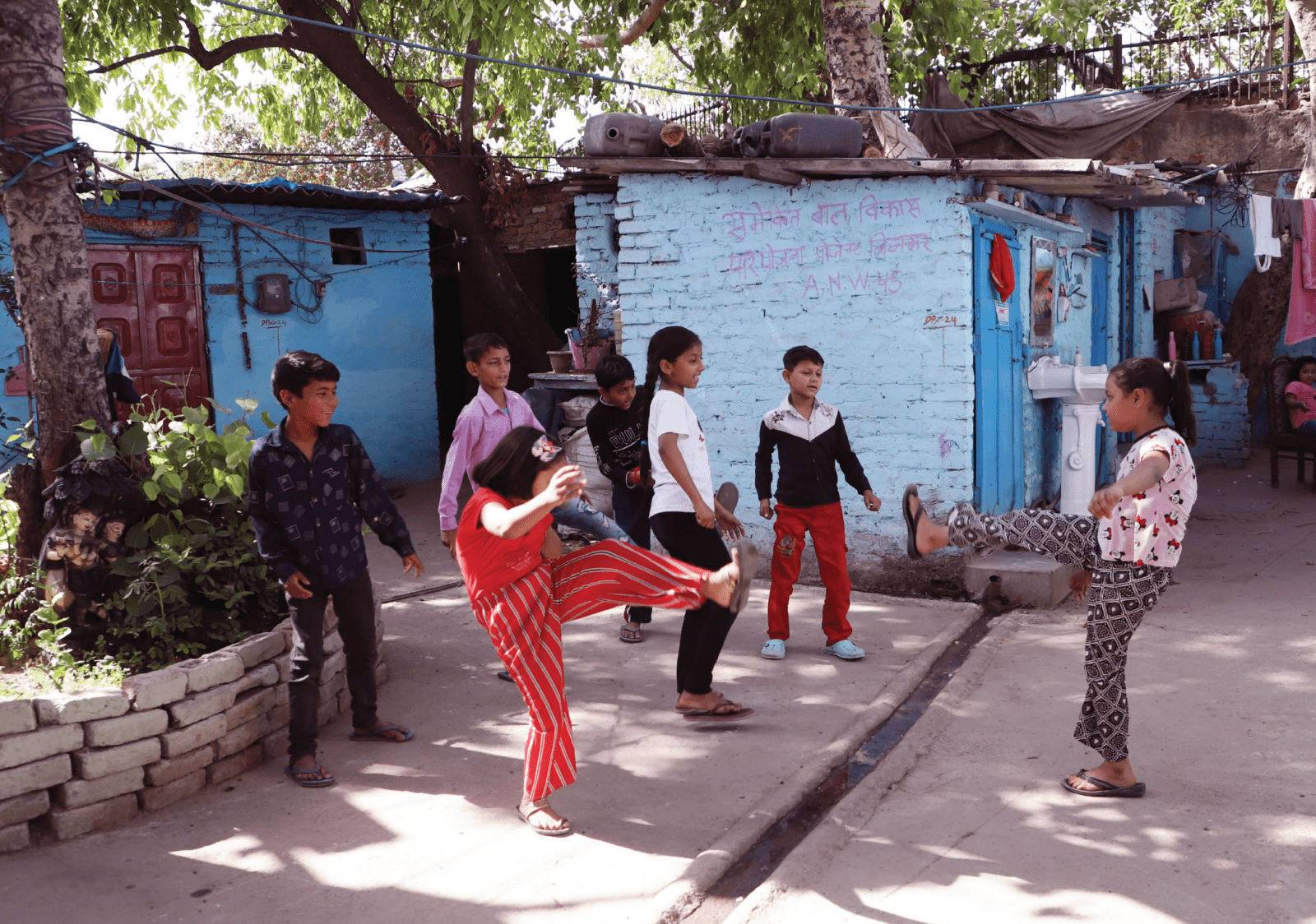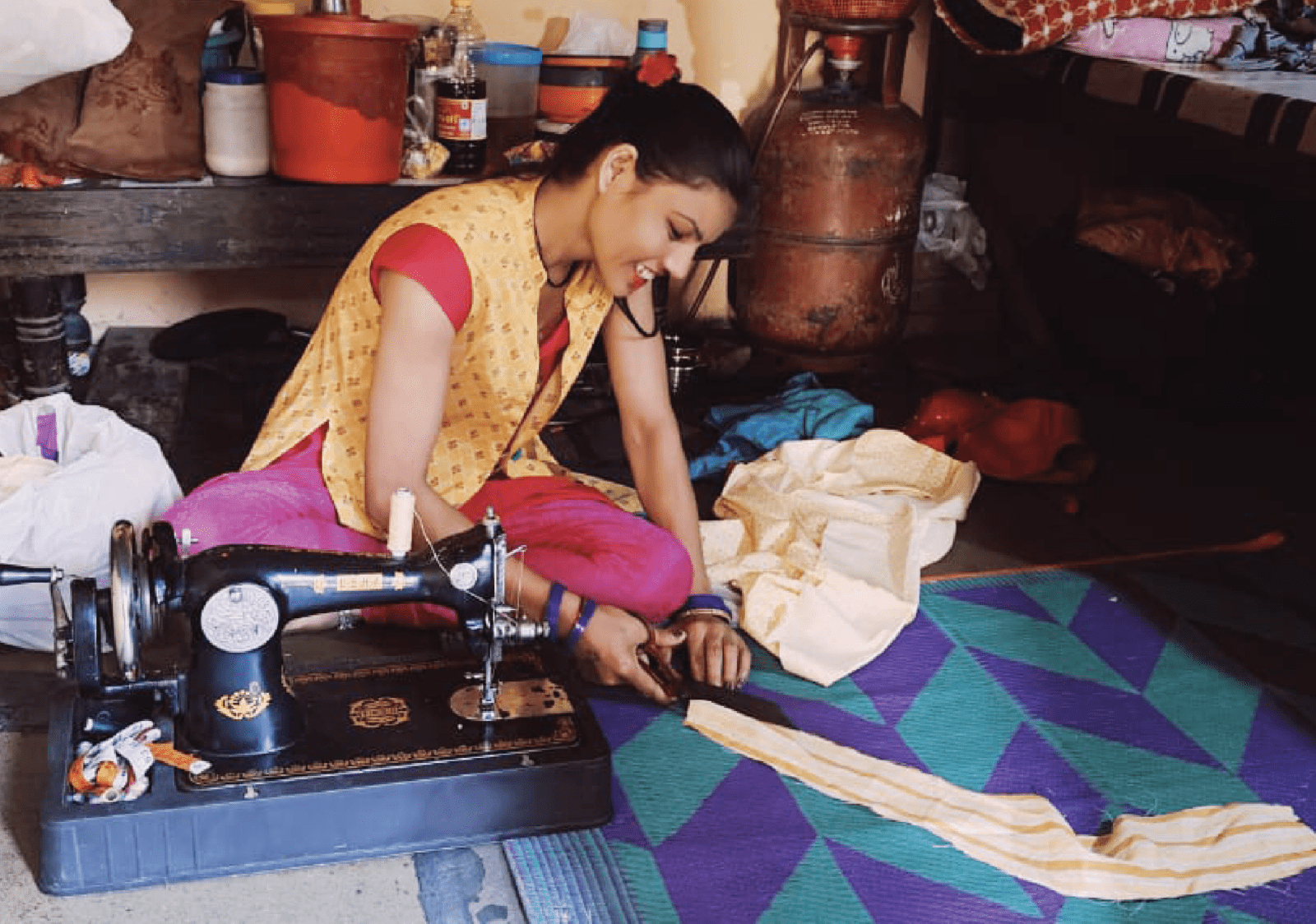Illustration – NY Times
When individuals look at the choices they make, the values they hold dear, the fears and ambitions that deter or motivate them, the responsibilities and duties they assume or shed, they see the origin of it all in their childhood. A childhood, which was entirely dependent on their parents and community.
Parents play a monumental role in shaping the lives of children, who then go on to become mature adults contributing their bit to the society. It is only fair then to stress on the role of positive parenting.
Positive Parenting has many definitions. All of those, however, include the basic understanding of the concept. Positive Parenting focuses on developing a strong relationship between parents and child based on communication and mutual respect.
Here are 5 ways of inculcating Positive Parenting in everyday life to ensure children feel heard at home.
Create a Loving and Supportive Environment
In many parts of the world, expressing affection to children is resisted. It is considered a way of spoiling children. Far from it, expressing love, showing empathy and lending a listening eat are signs of support, which every child yearns. Encouraging open communication and listen actively when a child talk are ways of ensuring that a child further opens up and shares their day-to-day activities, emotions and more with their parents.
Set Clear and Consistent Boundaries
Positive parenting does not abandon rules or boundaries; in fact, it demands consistent enforcement of rules. When parents explain the reasons belying the rules, for instance, why do you not want your children to venture in public places by themselves? Elaborating these reasons to children, explaining the threats that lie ahead, will help them understand your intention and obey the rules.
Use Positive Reinforcement
The word “discipline” assumes a negative connotation in the world of parenting, owing to the direct correlation to ‘punishment’. In the world of positive parenting, however, scolding and physical abuse with the 3Fs of positive discipline – friendly, fair and firm. Friendly discipline is to catch them doing good and praise appropriate behaviour. Use positive language when correcting behaviour, emphasizing what should be done rather than what shouldn’t establishes positive reinforcement.
Model Good Behaviour
It is well known that children learn by observing their parents. When parents demonstrate the behaviours and values they want their children to adopt, they are able to handle conflicts and stress in a healthy and constructive way. Just as it is with adults, showing respect and empathy in your interactions with others goes a long way even with children. It inculcates values of listening and empathy in children as well.
Inculcate Problem-Solving and Conflict Resolution
Encouraging children to think critically and solve their problems independently help inculcate life skills in children. If children are well trained in communication, it can protect them from various situations. Conflicts can be used as opportunities for learning and growth, allowing children to take ownership of the situations at hand and find solutions in tricky circumstances.
Railway Children India’s work in rescuing children across transport hubs and reuniting them with families, opened up a new stream of learning and understanding family dynamics, the role of parents and the need to work in family strengthening to prevent children from living away from their home. Parenting workshops, counselling with both parents and children and working with the family unit has been a focus area of our work to ensure home, family and community are positive, nurturing and safe for all children.







